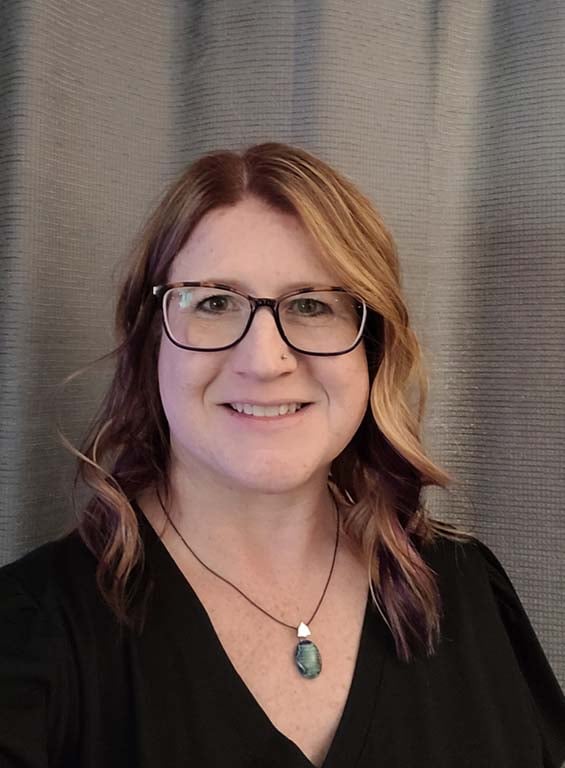
Person-Centered Language: Dirty Little Words Caregivers Should Never Repeat
Updated from the original publication on April 28, 2015.
 As senior care providers begin to focus more on person-centered care, it becomes evident the language we are accustomed to using needs a bit of refining. At the core of person-centered care, you’ll find the word respect. What is respect? It’s defined as the willingness to show consideration or appreciation for someone or something. The language we use is a key indicator of the amount of respect we have for others.
As senior care providers begin to focus more on person-centered care, it becomes evident the language we are accustomed to using needs a bit of refining. At the core of person-centered care, you’ll find the word respect. What is respect? It’s defined as the willingness to show consideration or appreciation for someone or something. The language we use is a key indicator of the amount of respect we have for others.
Unintentionally, we use words in our daily speech that can be interpreted by others as rude, demeaning, and disrespectful. So how do we ensure the words that come out of our mouths properly convey the feelings of our heart? It’s all about being intentional in how we express ourselves, which can only happen through culture change and the adaptation of person-centered language.
Mind Your Words
In our journey towards culture change, we’ve discovered the terms we use within our organization impact attitudes and can create assumptions about the people we serve. If you’re a caregiver, who works in aging services, it’s important to "mind your words." To help you in your personal journey, we’ve provided a list of dirty little words caregivers should never repeat and alternative ways to more thoughtfully convey your message.
1. Our residents or our tenants
Saying "our residents" implies ownership. It's important for people to feel unique. We are all individuals with our own wants, desires, and unique personalities. Instead, replace "our residents" with phrases like "the people who live here."
2. The elderly
After conducting many focus groups, we've found the word elderly to be disliked by many over the age of 55. It's an outdated term that carries a negative connotation. Instead of using the word elderly, say "Older adult or senior."
3. Patients in our care
The word patient is acceptable for use in a hospital setting or those receiving short-stay and rehabilitation services. However, in all other instances, caregivers should use the phrase "persons served" when speaking about those in their care.
4. She or he is handicapped
The word handicapped, especially preceded by the word the, places unwanted labels on people. Instead of saying "She or he is handicapped," say, "She or he is physically disabled." This term has become more acceptable for use when speaking about persons living with disabilities.
5. Our facility
Another outdated word used by many in aging services is the word facility. It's a word that lacks warmth and comfort. When speaking about the place in which you work, say "our community or campus." The word community invokes a sense of togetherness and family.
6. Nursing home or home
In all instances, avoid using the word home or nursing home when speaking about the place in which you work or the place people you serve live. Just like the word facility, the word home is cold and uninviting. Instead of saying "home or nursing home," say "skilled nursing center, healthcare center, or rehabilitation center."
As an educational model, the above list is intended to guide you towards using more person-centered language in your daily speech. The power of language and its impact on culture can tear others down or lift others up. We encourage all caregivers to take The Language Pledge and be more aware of the words they use.
Take the Language Pledge Now
I pledge to be more person-centered, to use language that lifts up and does not tear down. I pledge to be more respectful through my actions and the way I communicate with people I serve. I pledge to be a role model—a catalyst for change. Lastly, I pledge to teach others to follow in my footsteps and do the same.
Learn more about our commitment to enhancing the lives of those we serve, through person-centered care and the fulfillment of our mission.
Click or Call 1-800-382-1385
About Alicia Fenstermacher
Alicia Fenstermacher has been working in Aging Services for over 26 years, 19 years of which have been with PSL. As the Vice President of Purposeful Living, Alicia is responsible for supporting successful aging, quality of life, and purposeful living initiatives such as Wellness, Customer Satisfaction, Memory Care, Social Work Services, Culture Change, and Community Life. She is a licensed Social Worker, licensed Nursing Home Administrator, and licensed Personal Care Home Administrator. Alicia lives in the Lehigh Valley with her husband Jeff, son Mattias, stepson Maverick, and two dogs named Freddie Mercury and Bebe’ Le Strange. Passionate about the importance of relationships and individual empowerment, Alicia is all about embracing our own “unique-us.”


